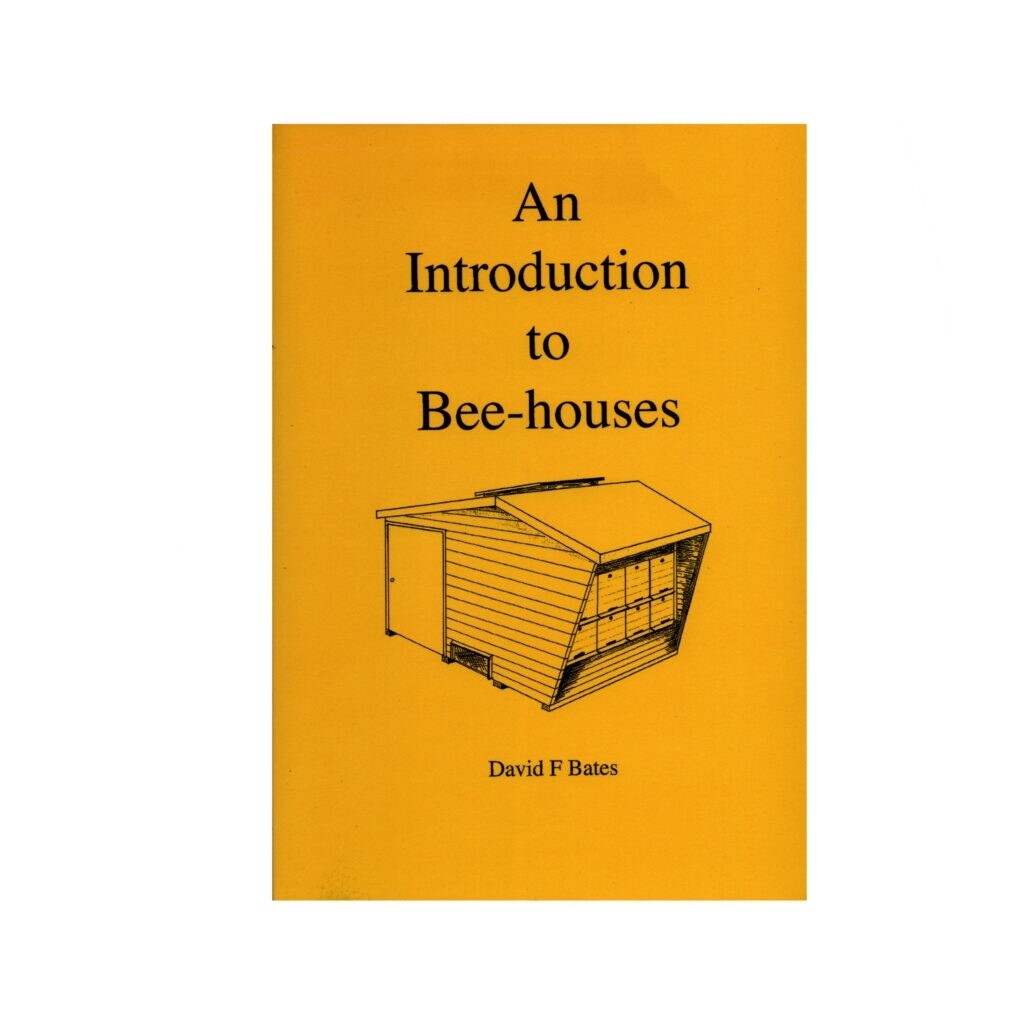An Introduction to Bee-houses by David Bates
"An Introduction to Bee-Houses" by David Bates is a valuable resource for beekeepers, both novice and experienced, for several reasons. This book is designed to offer a simple, thought-provoking, and enjoyable introduction to the concept of keeping bees in bee-houses, rather than providing an exhaustive textbook on beekeeping. Bee-houses, while common in European countries like Switzerland, Austria, and Germany, have not been widely adopted by beekeepers in other regions, including the UK. Bates argues that this is a missed opportunity, given the numerous advantages bee-houses offer, especially in terms of providing additional protection for bees during milder winters.
The book is particularly helpful for beekeepers who face physical challenges or disabilities that make traditional beekeeping methods difficult. By introducing the concept of bee-houses, Bates opens up the possibility for these individuals to engage in beekeeping in a more accessible and manageable way. The bee-house environment allows for experimentation with potential solutions to mobility and accessibility issues, potentially attracting other beekeepers interested in this approach.
Bates, a past chairman of his local division of the British Beekeepers Association (BBKA), shares his insights and experiences to highlight the benefits of bee-houses. These include easier management and maintenance of bee colonies, which can be particularly beneficial for those who struggle with lifting or have limited mobility. The book aims to encourage a broader adoption of bee-houses by demonstrating their practicality and the advantages they offer over conventional hives.
In summary, "An Introduction to Bee-Houses" by David Bates is recommended for beekeepers for its innovative approach to beekeeping. It provides a fresh perspective on bee management, emphasizing the benefits of bee-houses, especially for those facing physical challenges. The book serves as a gentle introduction to this method, encouraging beekeepers to explore new techniques that could enhance their beekeeping experience and potentially make the practice more inclusive and accessible

